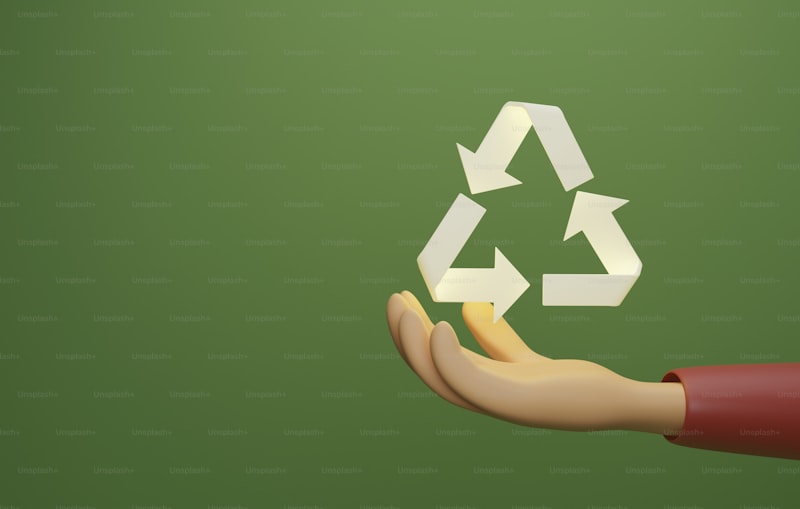Effective Waste Reduction Strategies for a Sustainable Future
Introduction
In the modern world, the growing concern for environmental sustainability has propelled waste reduction strategies to the forefront of many discussions. With a global population exceeding 7 billion and an ever-increasing amount of waste generated daily, effective waste management is crucial. In this article, we will explore various waste reduction strategies, their benefits, and how individuals and organizations can implement these practices to foster a more sustainable future.
Understanding Waste Reduction
Waste reduction refers to practices and strategies aimed at minimizing the amount of waste produced. This focus on pre-consumer actions reduces the strain on landfills, conserves natural resources, and protects the environment. The concept of waste reduction can be broken down into several key strategies:
1. Source Reduction
Source reduction is the most effective method of reducing waste. It involves changing production and consumption patterns to decrease the volume of waste generated. Key practices include:
- Minimizing packaging materials
- Eliminating single-use products
- Designing products for longevity and repairability
2. Reuse & Repurpose
Rather than discarding items after use, consider reusing or repurposing them. For example:
- Using glass jars for storage
- Transforming old clothes into cleaning rags
- Donating unwanted items to charities
This not only extends the lifecycle of products but also significantly reduces waste.
3. Recycling
Recycling converts waste materials into new products, thereby reducing the need for raw materials. Implementing a recycling program can be relatively simple:
Organize materials such as paper, plastics, and metals for recycling by providing clearly marked bins, and ensure that participants know how to separate waste appropriately. The effectiveness of recycling, however, depends heavily on participation rates and education.
4. Composting
Composting transforms organic waste into nutrient-rich soil. By composting kitchen scraps, yard waste, and other biodegradable materials, individuals can significantly reduce their biodegradable waste footprint. Here’s a simple composting guide:
- Choose a compost bin or pile setup.
- Add a mix of greens (nitrogen-rich materials) and browns (carbon-rich materials).
- Maintain moisture and aeration.
Advantages of Waste Reduction Strategies
The advantages of implementing such waste reduction strategies are manifold:
| Advantages | Description |
| Environmental Protection | Reduces pollution and conserves natural resources. |
| Cost Savings | Decreases disposal fees and purchase costs for materials. |
| Community Benefit | Improves public health and community aesthetics. |
| Corporate Responsibility | Enhances a company's reputation and aligns with consumer values. |
Implementing Waste Reduction Strategies in Different Environments
Regardless of whether you're an individual, a corporation, or an educational institution, there are many ways to incorporate waste reduction initiatives:
For Individuals
Individuals can start small by:
- Carrying reusable shopping bags
- Avoiding plastic bottles by opting for water filters
- Shopping at bulk stores
For Corporations
Corporations can adopt a culture of sustainability
- Conduct waste audits to identify reduction opportunities
- Set measurable waste reduction goals
- Provide employees with training and resources
For Schools
Schools play a crucial role in instilling environmental values:
- Introduce waste reduction programs in the curriculum
- Set up recycling and composting stations
- Organize community clean-up events

Challenges in Implementing Waste Reduction Strategies
While numerous strategies exist, various challenges may hinder implementation, such as:
- Lack of awareness or education about waste issues
- Insufficient recycling facilities
- Resistance to change in habits and practices
Addressing these challenges is critical for fostering a culture of sustainability. Community outreach and educational programs can bridge these gaps and promote active participation.
Conclusion
Implementing effective waste reduction strategies can lead to significant environmental, economic, and social benefits. As individuals, corporations, and communities come together to adopt such practices, they contribute towards a healthier planet. It's essential to remember that every small effort counts and collectively leads to a substantial change. Consider the above strategies and begin your journey towards waste reduction today. Advocate for your community, educate others, and lead by example, and together, we can make a difference.